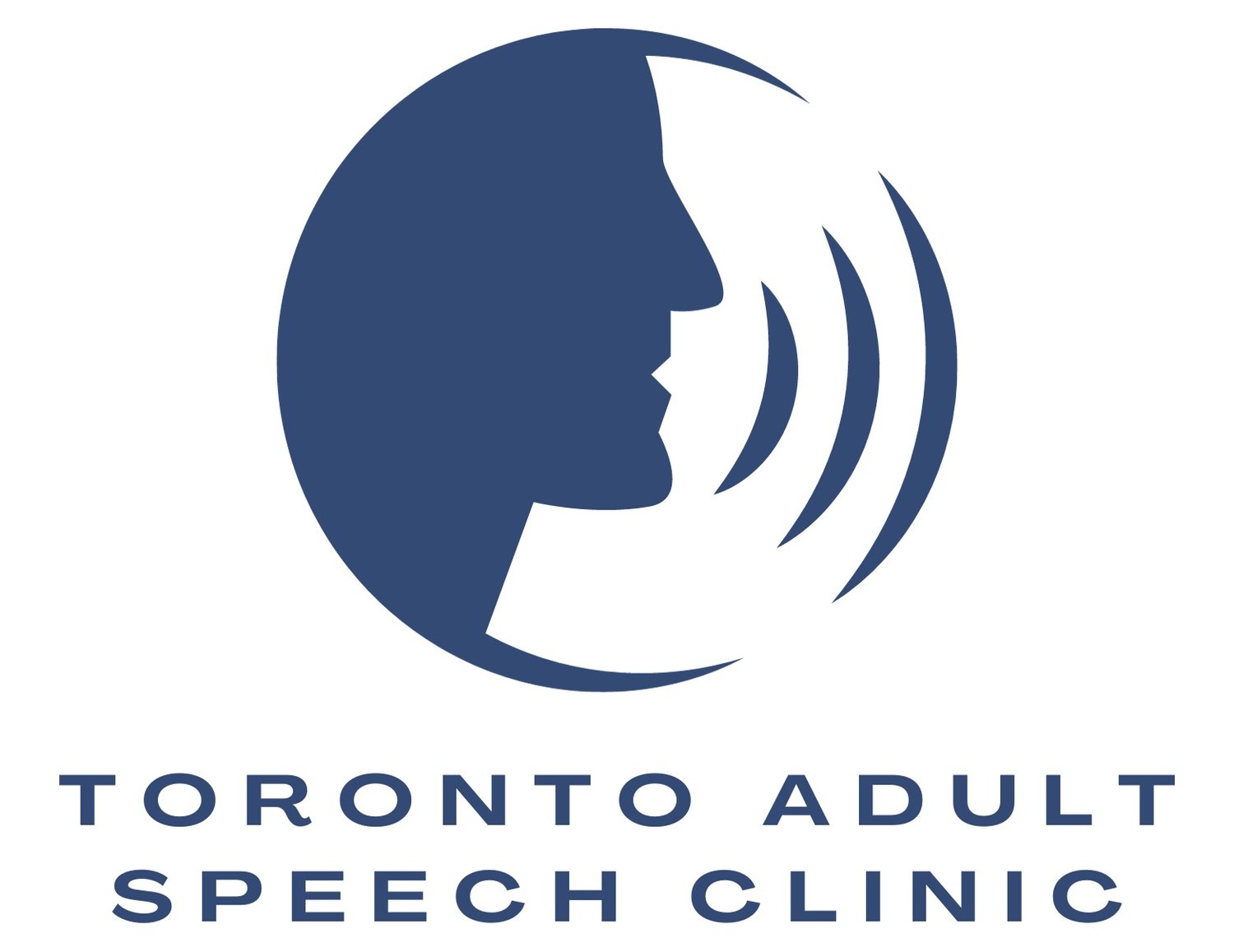Singing and the Speaking Voice
Singing and the Speaking Voice
What Every Singer Should Know
Let me start by saying this: It is a myth that talking is generally synonymous with weakening, fatiguing, or even damaging the voice. Talking is simply a different use of the voice, that often goes untrained. In some cases, this can then lead to difficulties with the voice. It is not unlike walking vs. running or to take that same analogy one step further- sprinting vs. long distance running.
The fact is, that as singers we are trained to use our voices at a high functioning level but training typically stops when we stop singing. This is the origin of the vocal health problems for many of the singers I see at my clinic. We spend the majority of our days talking and communicating, not singing. So it makes sense that if we do not consider healthy speaking voice production, when it comes time to sing, our voices will not necessarily be at their best or able to function at the high level we demand.
In early stages, many singers report that their speaking voice sounds “crackly,” “breathy,” “tight,” is full of pitch and voice breaks, but their singing voice is fine. Why? Because during singing, we are trained to use optimal breathing habits, focus on resonance, and maximize the efficiency of our instrument (none of which we are trained to do when we speak). The sad reality is, that left untreated, this only acts to cover up the signs of fatigue and increase the chance that chronic damage may occur.
Eventually, the speaking voice sounds more and more fatigued, and good singing technique can no longer compensate for the weakness of the voice. That is when singers start to notice their singing range decreases, the ability to navigate between registers becomes more and more difficult, belting ranges become increasingly breathy, etc.
So should a singer just not talk between lessons or practice?
No. Another myth.
Back to running- would you commit yourself to bed rest for the time you’re not racing? No. The muscles still need to be used, they just can’t be used in a way that is going to wear them down or cause unnecessary damage. Now, that’s not to say with speaking voice training that your voice is impervious to fatigue or damage if you overuse it. But the same is true for the singing voice with unbalanced practice habits or insufficient vocal recovery time between performances. Moderation is obviously the number one preventative measure for keeping your voice healthy. Speaking voice training is just one more tool to have in your vocal care toolkit. A way to “coach” a particular style of voice use.
If you have noticed a change in the quality of your speaking voice or are experiencing difficulties with your singing voice and suspect it is related to your speaking voice, have a conversation with your voice teacher. It might be helpful for you to see a speech therapist with experience in speaking and singing voice training in order to keep your voice healthy and safe.
You can click here to find out more about Singing Voice Therapy at Toronto Adult Speech Clinic.

